Diyala Governorate: A Historic Agricultural Hub of Eastern Iraq
Discovering Diyala: Ancient Babylonian Temples and Artifacts
The first excavations revealed temples and palaces in its ancient cities such as Tell Asmar (ancient Ashnuna), which was confirmed to be the capital of the Kingdom of Eshnunna, which flourished in the ancient Babylonian era, as well as the site of Khafaji (ancient Totop), which is distinguished with its oval temple, located at a distance of approximately 15 km from the old Diyala Bridge. These excavations have given us thousands of clay tablets, in addition to beautiful carved pieces of art that date back to the dawn of the ancient Babylonian dynasties.
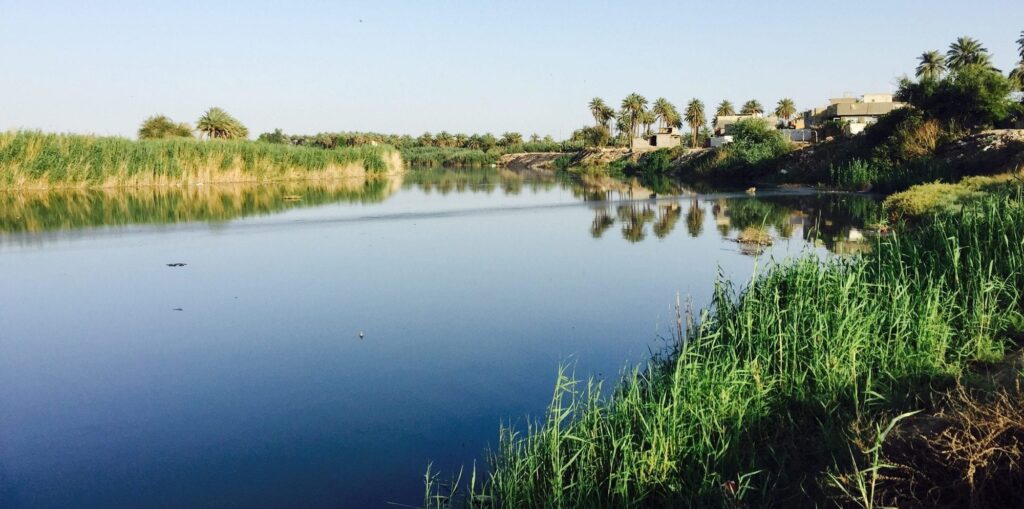
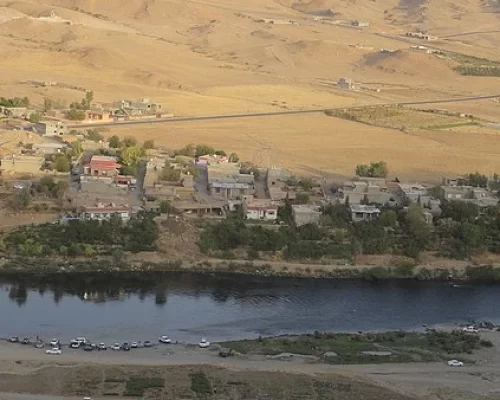
Baqubah - A Vital Historical and Economic Center in Eastern Iraq
Baqubah is the capital of Diyala Governorate in eastern Iraq, located about 60 kilometers (37 miles) northeast of Baghdad. It sits along the River, a tributary of the Tigris, making it a historically significant agricultural and trade hub. The city has a rich history, dating back to ancient times when it was an important stop on trade routes.
Baqubah is known for its fertile lands, particularly for citrus orchards and date palms. In recent decades, the city has witnessed periods of unrest due to conflicts in Iraq, but it remains a vital center for the region’s economy and culture. Despite challenges, Ba’quba continues to play a crucial role in the country’s development and maintains its historical importance.
Al-Muqdadiya - A Key Agricultural and Cultural Hub in Diyala
Al-Muqdadiya is a city located in Diyala Governorate, Iraq, approximately 80 kilometers northeast of Baghdad. It serves as a key administrative and economic hub in the region, with a diverse population that includes Arabs, Kurds, and Turkmen. The city has historically been an important agricultural center, benefiting from the fertile lands along the River.
However, Al-Muqdadiya has faced significant challenges in recent decades, including security issues and conflicts that have impacted its stability and development. Despite these difficulties, the city remains a vital part of Iraq’s cultural and historical landscape, reflecting the resilience of its people and the region’s deep historical roots.
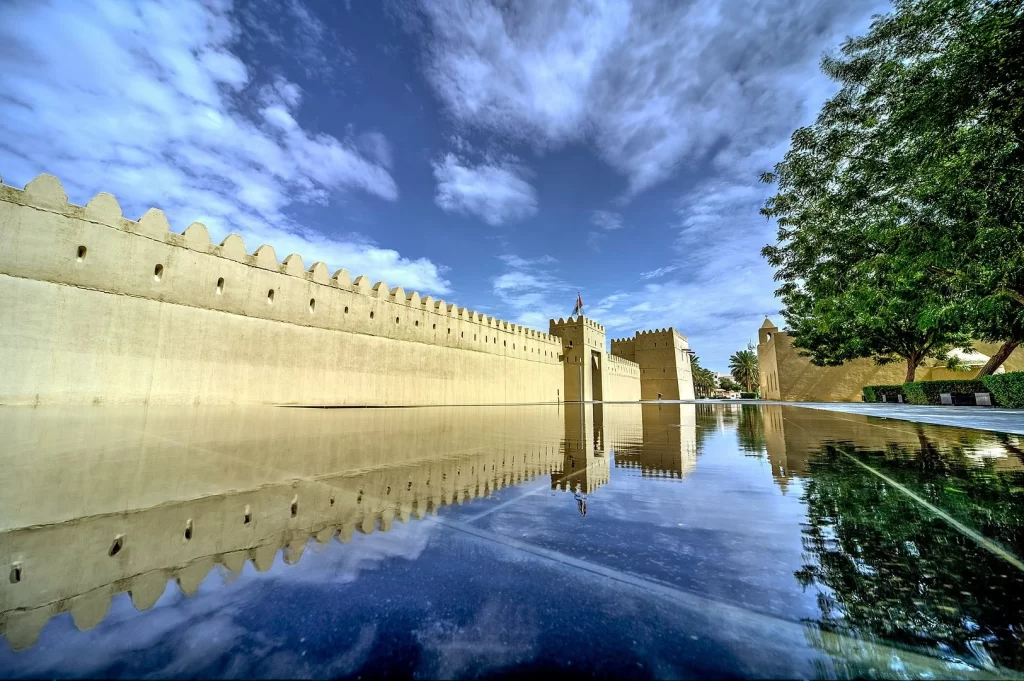
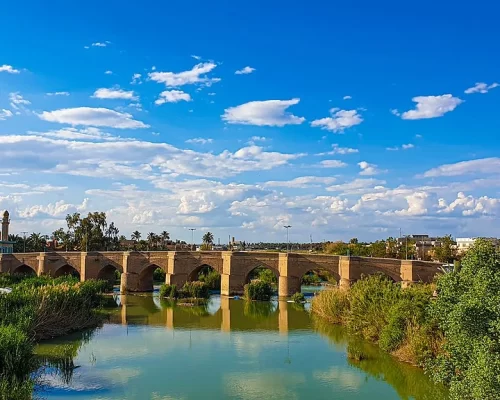
Khanaqin - A Strategic and Cultural Hub in Northern Iraq
Khanaqin is a city located in the Diyala Governorate of Iraq, near the border with Iran. It is a historically significant and diverse city with a mixed population of Kurds, Arabs, and Turkmen. Khanaqin has long been a strategic location due to its proximity to major trade routes and its rich oil reserves.
The city has experienced various political and military conflicts over the years, particularly due to its position in disputed territories between the Iraqi government and the Kurdistan Regional Government. Despite these challenges, Khanaqin remains an important cultural and economic hub, known for its agriculture, particularly date palms and citrus fruits, as well as its historical sites and vibrant community.
Al-Khalis - A Pillar of Agriculture and Trade in Diyala
Al-Khalis is a city in Diyala Governorate, Iraq, located about 15 kilometers north of the provincial capital, Baqubah. It serves as a key agricultural and trade hub due to its fertile lands, which are nourished by the Diyala River. The city has historically been an important center for farming, particularly for crops such as wheat, barley, and dates.
Al-Khalis has also played a significant role in Iraq’s modern history, witnessing political and security challenges, especially in recent decades. Despite these difficulties, the city remains an essential part of city’s economy and culture, with a diverse population contributing to its rich heritage.
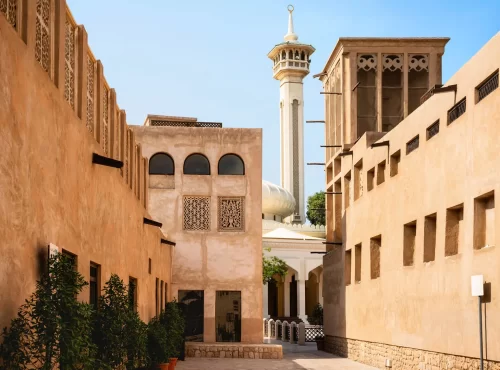
Frequently Asked Questions About Diyala - Travel, Culture, and History
Is a governorate in eastern Iraq, bordering Iran. Its capital is Baqubah, and it is close to Baghdad.
The security situation in there can be unstable at times, so it is important to check travel advisories and consult with local authorities before visiting.
Is known for its lush agricultural lands, the Diyala River, the Hamrin Mountains, ancient ruins, and historical sites such as the Old City of Baqubah and Khan Bani Saad.
The best time to visit is during spring (March–May) or autumn (September–November), when the weather is mild and pleasant.
Is about 60 km northeast of Baghdad. It can be reached by car or bus, with a travel time of around one hour.
Is famous for its traditional Iraqi dishes, including kebabs, masgouf (grilled fish), and various rice-based meals. The region is also known for its delicious date palms.
Yes, the Hamrin Mountains and Lake Hamrin are popular natural sites, offering scenic views and opportunities for outdoor activities.
Public transportation is limited, but taxis and private cars are commonly used for travel within the governorate.
Visitors can explore traditional markets, historical mosques, and local villages to experience the rich culture and heritage of the region.
If you are a foreign traveler, you will need an Iraqi visa. It is best to check the latest visa requirements with the Iraqi embassy before traveling.
